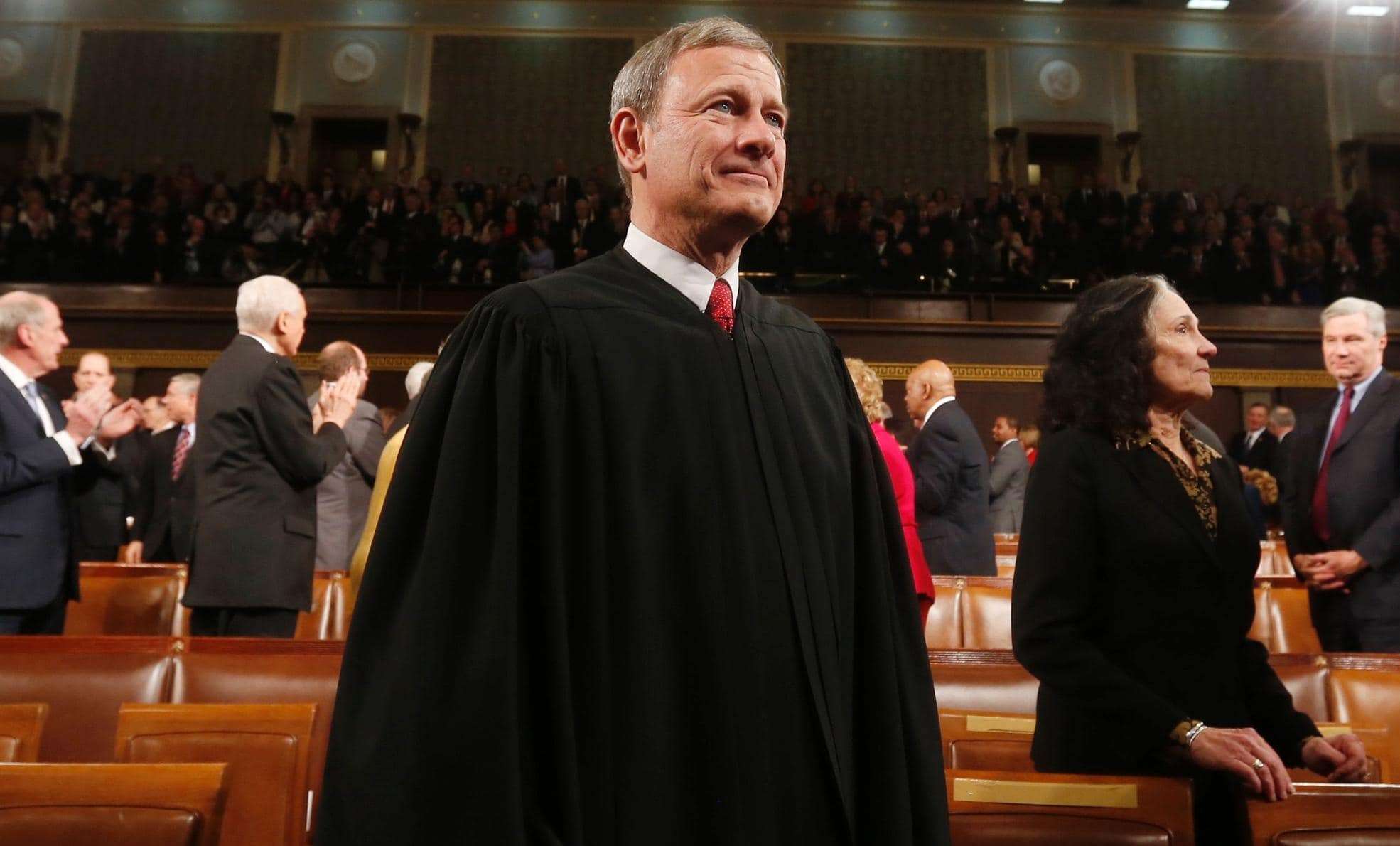The Volokh Conspiracy
Mostly law professors | Sometimes contrarian | Often libertarian | Always independent
Final version of "The Influence of Immanuel Kant…" -- and what the Chief really said

The Green Bag has just published the final version of my article, The Influence of Immanuel Kant on Evidentiary Approaches in 18th Century Bulgaria. As many readers have recognized, the article tries to have good-natured fun with Chief Justice John Roberts's comment from 2011 about what he finds in law reviews.
I wrote the Green Bag piece in part because Chief Justice Roberts clearly hit a nerve. At the same time, I think a lot of the reaction to his comment misunderstood what he was saying. When you watch the whole statement, I think it supports a meaning somewhat different from what you might think if you hear of the one famous sentence in isolation.
Here's the context. In 2011, Chief Justice Roberts was answering questions from the audience at the Fourth Circuit's annual judicial conference. An audience member asked the Chief Justice to comment on Judge Harry Edwards' well-known criticism about the gap between the legal academy and the bench and bar. Chief Justice Roberts began by expressing his fondness for Judge Edwards and reminiscing a bit about serving with him on the D.C. Circuit and practicing before him as an advocate. Then, after a while, the Chief Justice answered the question:
[Judge Edwards] and I are on the same page on that point. There is a great disconnect between the academy and the profession. Pick up a copy of any law review that you see and the first article is likely to be, you know, The influence of Immanuel Kant on Evidentiary Approaches in 18th-century Bulgaria, or something, which I'm sure was of great interest to the academic that wrote it, but isn't of much help to the bar.
Now, I hasten to add, I don't think there is anything wrong with that. If the academy wants to deal with the legal issues at a particularly abstract and philosophical level, that's great and that's their business. But they shouldn't expect that it would be of any particular help or even interest to members of the practicing bar or judges. At the same time, we're not looking for vocational guidance. You know, this is how you fill out the form for an entry of appearance.
I do think that if the academy is interested in having an influence on the practice of law, on the development of law, that they would be wise to sort of stop and think, "Is this area of research going to be of help to anyone other than other academics?" You know, it's their business. But people ask me, what the last law review article I read was, and I have to think very hard to before coming up with one.
You can watch the question and answer here:
Some have interpreted the famous sentence in that answer as expressing disdain for the academic role or generally dismissing legal scholarship. But when you read the full answer - or better yet, when you watch it - I think a different meaning emerges. The Chief Justice was asked to comment on what Judge Edwards had argued, and he answered by expressing his agreement. As I see it, Roberts was making a point about engaging an audience. If you want to influence a particular audience, you have to address the concerns and worldview of the audience you are trying to influence. If you want to have an influence on judges - a big "if," rather than a given, for legal scholars - it is best to write in a way that engages with the problems the judges are trying to solve.
True, there was a critical edge in Roberts's delivery. The title he chose for a typical law review title - apparently impromptu, at least based on the video - is particularly absurd and esoteric. But I take the comment as a good-natured ribbing rather than as a harsh dismissal. It was a great line, well delivered, having a bit of fun with the topic. His comment about not readily remembering the last article he read was a bit harsher. But I take that a sign of modest frustration that too many law review articles are not so helpful to the Court's work. The comment was an invitation to influence the Court's work rather than a dismissal of all scholarship. And on that point, it's worth recalling that Chief Justice Roberts does cite law review articles and did so as recently as two weeks ago.


Show Comments (0)